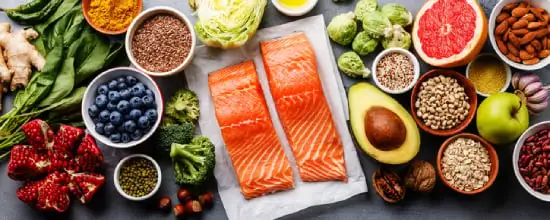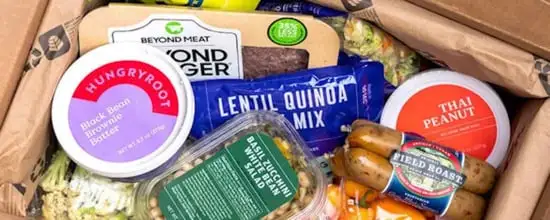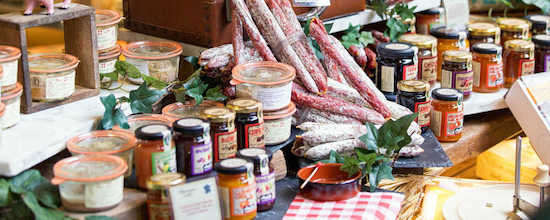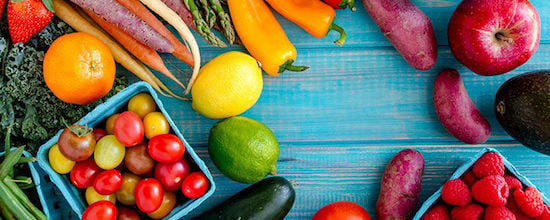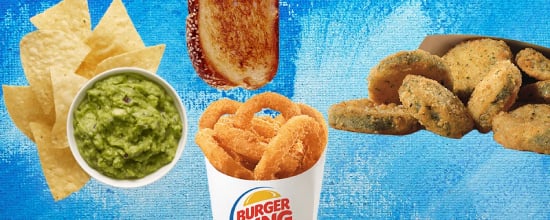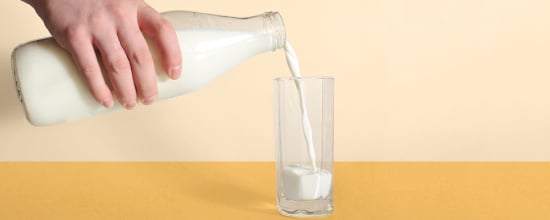1. Bread
While it’s perfectly healthy to eat refrigerated bread, it’s the last thing you want to do with that freshly baked loaf. Refrigerating bread can definitely make it last longer, but the temperature and humidity of the fridge can accelerate the staling process, making the bread dry and hard.
Unless you live in very hot and humid conditions, bread should be stored at room temperature. However, exposure to too much moisture should also be avoided, as this can make bread more prone to getting moldy.
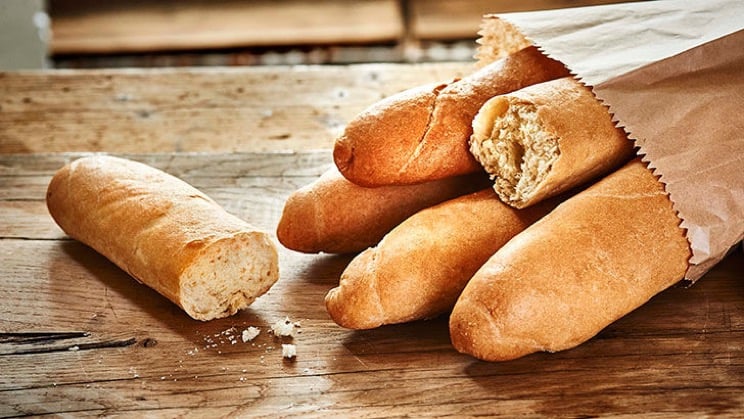
2. Eggs
Whether you should refrigerate eggs or not depends on where you live.
In the US, eggs are usually refrigerated as Salmonella is typically treated externally, through a sterilization process. The FDA requires commercially sold eggs to be stored and transported below 45oF or 7oC to limit the number of bacteria, prevent the bacteria from penetrating the eggshell, and reduce the risk of sickness.
In the majority of European countries, on the other hand, hens are vaccinated against Salmonella, so refrigeration often isn’t necessary. As long as you plan to use your eggs soon, there’s no need to put them in the fridge. In fact, storing unwashed eggs at room temperature is perfectly fine, as the undamaged shell and egg cuticle act as the egg's self-protection mechanisms of defense against bacteria.
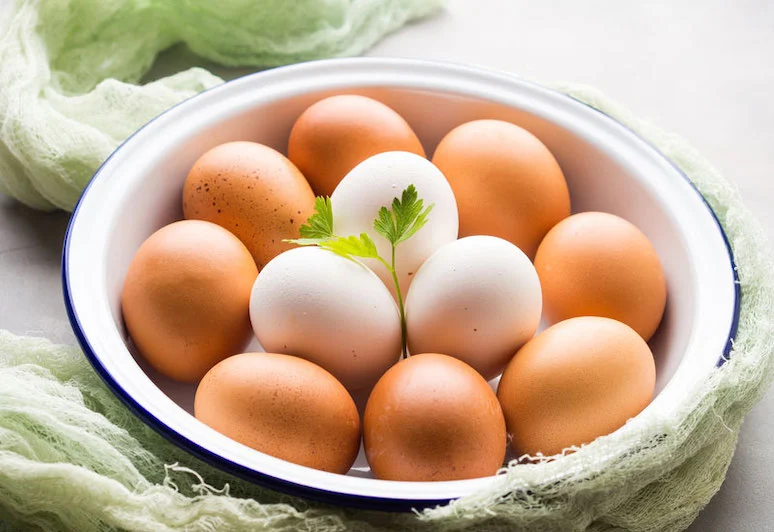
3. Tomatoes
While ripe tomatoes that you can’t eat within a day or two should be stored in the fridge, it’s generally recommended not to refrigerate tomatoes at all. Whenever you do, locate them on a top shelf, which often has a higher temperature than the bottom of the fridge.
The reason why you should avoid refrigerating tomatoes is that the enzymes cause the cell membrane breakdown, leading to a mushy tomato.
Besides, low temperatures can completely ruin the texture and flavor of tomatoes, preventing you from tasting the sweet, tart, and tangy flavors.
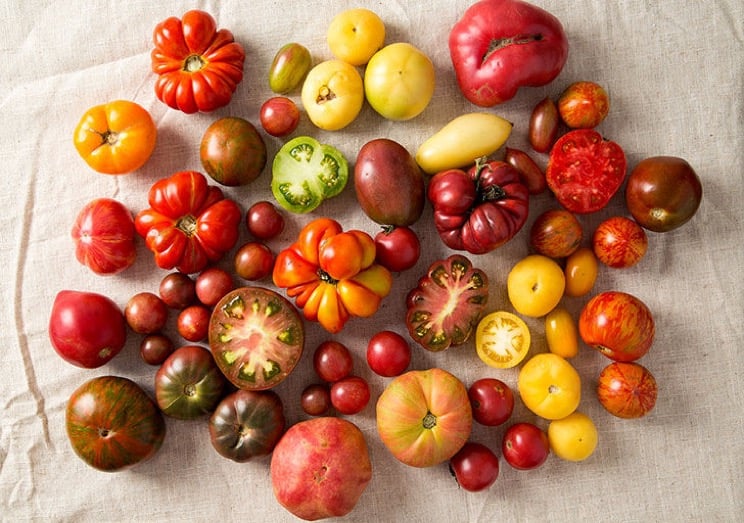
4. Coffee
Refrigerating coffee in any form is a huge mistake. Whether it's ground or whole bean coffee, it will act as a deodorizer, absorbing all the smells in the fridge and losing its own flavor.
Additionally, the main argument against refrigerating coffee comes from the moisture and humidity levels found in the fridge. Once roasted, coffee is pretty dry, so it can easily absorb moisture from the environment. And whenever it does, coffee can go bad almost instantly.

5. Potatoes
Unless you want to deteriorate the taste and texture of potatoes, you should avoid storing them in the fridge.
This is because low temperatures can accelerate the degradation of potatoes through a process called cold-induced sweetening. This process accumulates sucrose and reduces glucose and fructose, making the potatoes taste sweet and gritty, potentially ruining your dinner recipe.
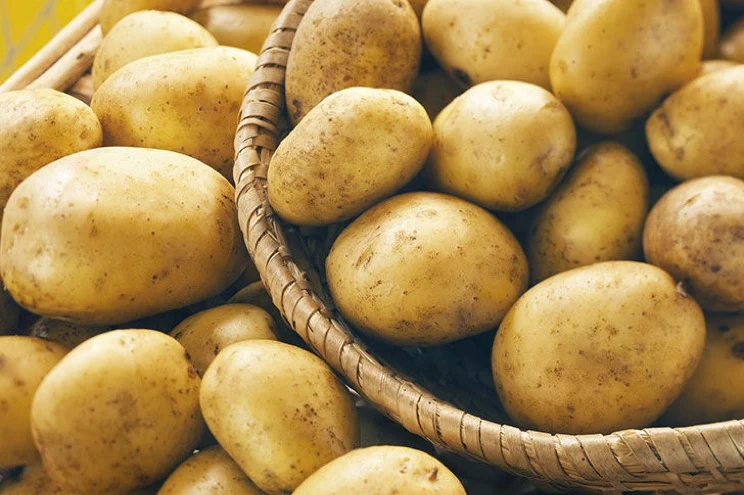
6. Garlic
With proper air circulation, garlic heads and unpeeled cloves perform quite well at 60oF or 15oC. Therefore, there’s absolutely no need to refrigerate your garlic. In fact, leaving garlic in a cold environment for a day or two can cause sprouting.
However, you can definitely store peeled cloves and sliced or minced garlic in the fridge. Use an airtight container to protect the garlic and prevent the entire fridge from smelling garlicky.
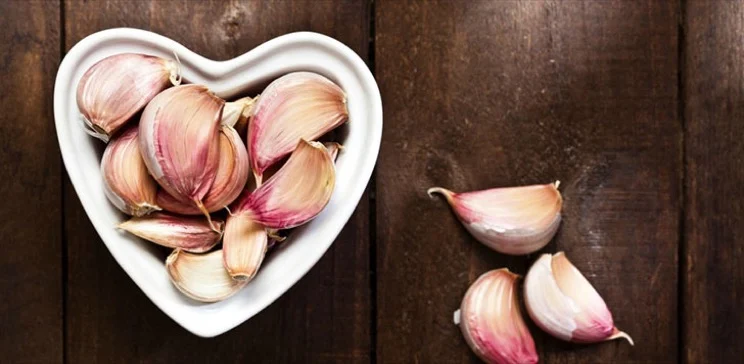
7. Olive Oil
While olive oil should be stored in a cool, dark place, such as your pantry or kitchen cabinet, you should never put it in the fridge.
When exposed to low temperatures, olive oil starts to solidify and forms crystals, accelerating the deteriorating process. While it will return to its liquid state once brought back to room temperature, repeated heating and cooling puts stress on the oil and may decrease its shelf life.
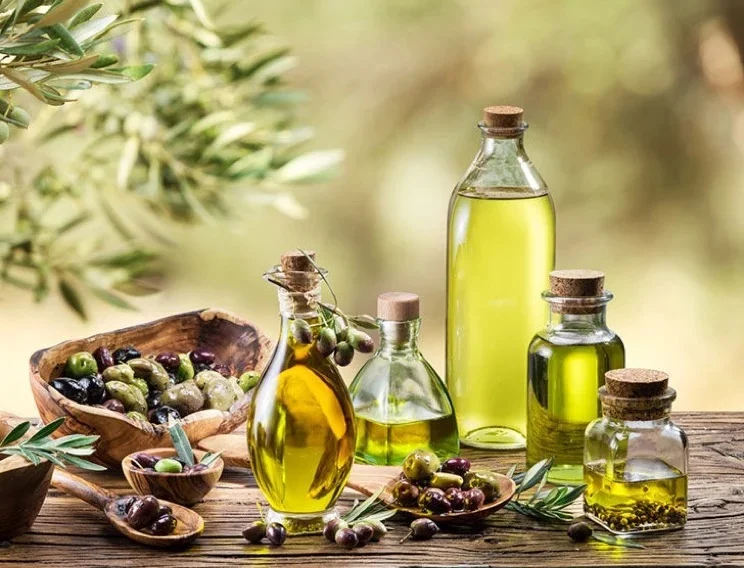
8. Avocados
You should never place an unripe avocado in the fridge, as this will slow or completely terminate the ripening process. Besides, low temperatures can also harden the texture of an avocado, which might be triggering to some.
However, ripe avocados can surely be refrigerated to extend their life. And if you’re stacked with too many avocados, you can also use the fridge. The same applies to the avocados that have been cut in half or pureed.
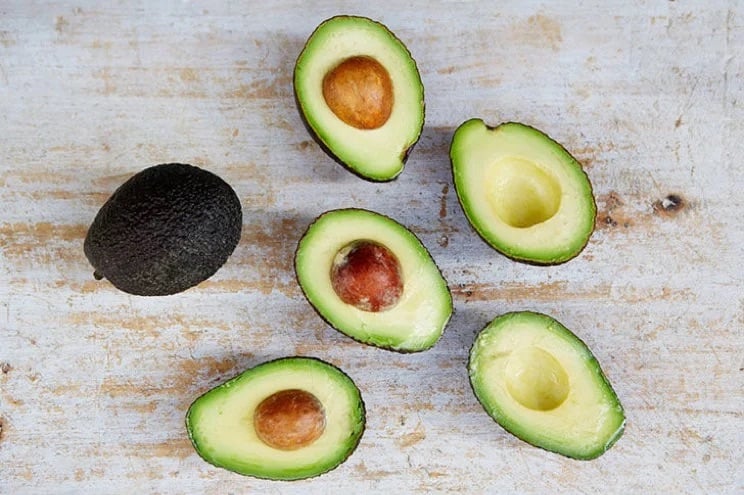
9. Melons
Several studies have shown that refrigerating melons can reduce the nutritional value of the fruit. Ideally, you should keep melons at room temperature, especially until they’re fully ripe.
If your melon is ripe or you’ve already cut it, it’s recommended to store it in the refrigerator for 3-4 days.
Besides, if you want to enjoy a cold melon on a hot summer day, feel free to put it in the fridge about an hour before consumption.
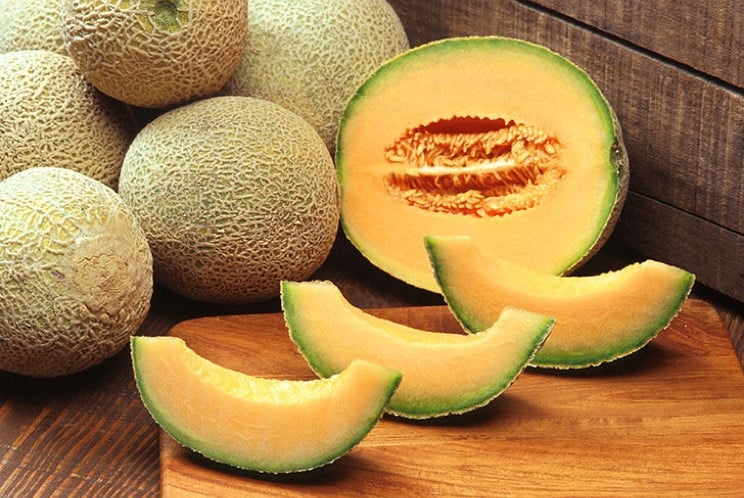
10. Pumpkins
Pumpkins can stay intact for months when stored in cool and dry places, out of direct sunlight. Therefore, there’s practically no need to refrigerate them.
When it comes to a cut or cooked pumpkin, you should store it in the fridge with the seeds removed. Whenever you decide to use the pumpkin, simply cut off the outer layer if it has been dried out. You can also wrap your pumpkin in plastic to keep it moist and flavorful.
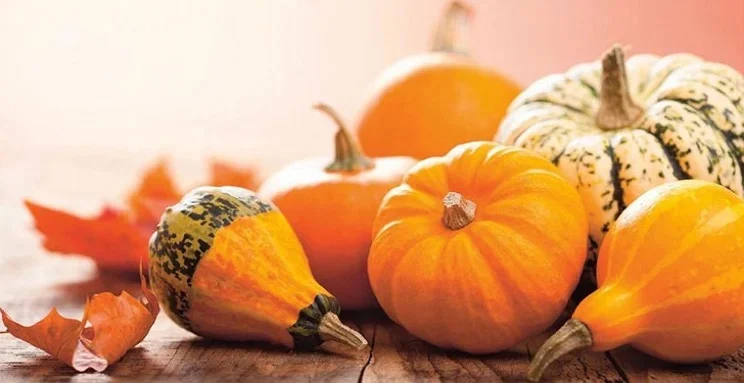
11. Jam
Whether home-made or store-bought, sealed jars of jam and jelly can be stored at room temperature for months.
However, once the jar is opened, you should store it in the fridge to prevent mold and yeast formation. If you store opened jams and jellies at room temperature, they will most likely soil much quicker.
Note that opened jam jars can be stored at room temperature but in a cool and dark place for up to a week after opening.
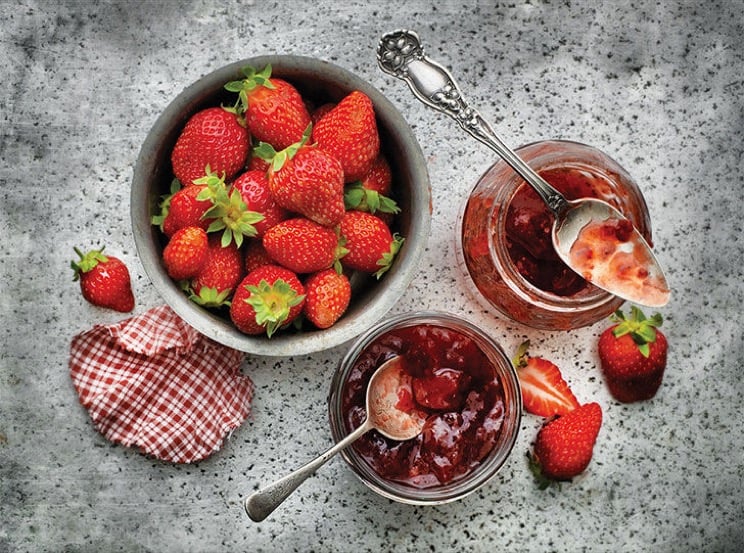
12. Honey
When exposed to low temperatures, honey can thicken and change its texture. In fact, storing honey in the fridge can cause it to crystallize.
Unless you add water to it, honey won’t go bad when stored at room temperature. Whether it’s a sealed jar or you’ve already opened it, storing honey in a cool, dark place is perfectly fine.
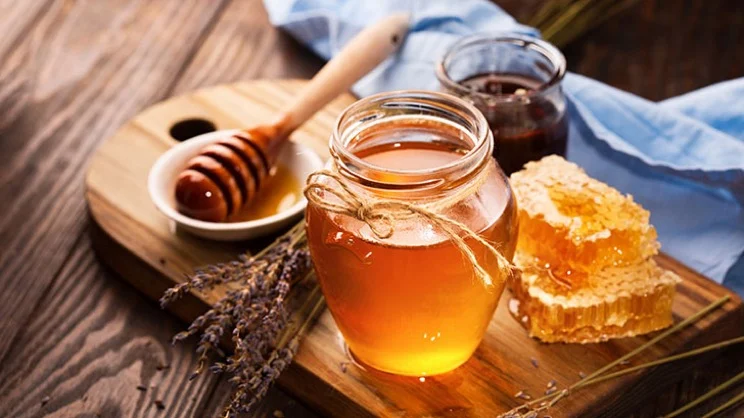
13. Basil
As basil is a tropical herb, it’s susceptible to cold temperatures. When stored in the fridge, oils and fats in the basil leaves can damage the leaf tissue. That being said, refrigerating basil can cause the leaves to turn dark and soft due to cellular damage.
While 55oF is the optimal temperature to store basil on a kitchen counter, they can do just fine at room temperature between 50 and 68 degrees.
In addition, basil leaves thrive in humid conditions, so feel free to store them in a loosely covered container.
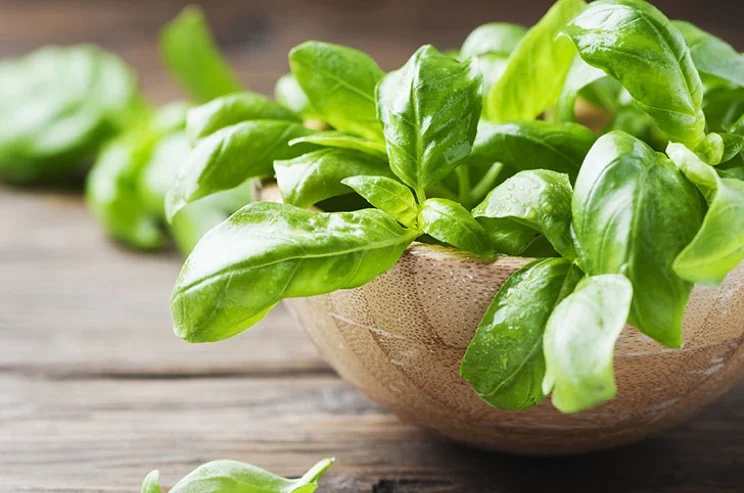
Was this page helpful? Give us a thumbs up!

